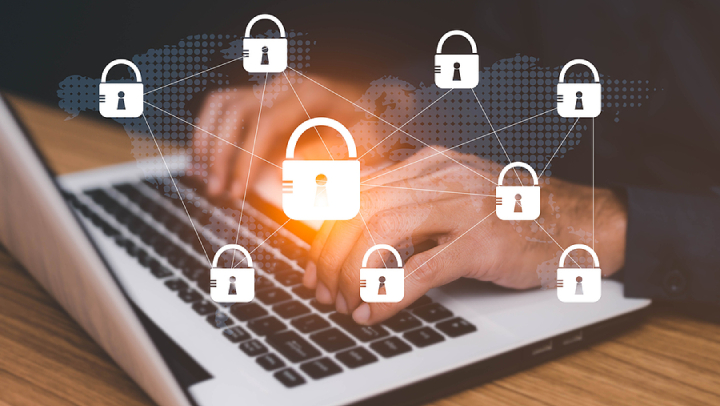Project environments in 2026 are defined by complexity, speed, and constant change. Organisations are no longer choosing between traditional or agile delivery models; instead, they are blending them. Hybrid project management has become the default approach for many industries, combining structured governance with adaptive delivery. In this landscape, PRINCE2® ...
The 80/20 Rule, also known as the Pareto Principle, is one of the most practical and frequently tested concepts in Project Management Professional (PMP) frameworks. It helps project managers focus effort where it matters most to avoid pitfalls, improving outcomes without unnecessary complexity. Rather than working harder across every ...
The landscape of professional development is shifting rapidly as more learners turn to digital formats for skills enhancement. Project management, a domain that has long relied on structured methodologies and formal qualifications, is experiencing one of the most significant changes. Online learning is no longer a supplementary option. It ...
A new year brings a renewed sense of purpose, especially for professionals aiming to elevate their careers in cybersecurity. If you have set your sights on earning the CISSP certification, this is an excellent time to build a clear and structured study roadmap. The CISSP is known for its ...
Network reliability has become the heartbeat of modern business. From online banking to streaming services and hybrid work setups, almost every industry today depends on seamless, real-time connectivity. When a network goes down, even for just a few minutes, operations grind to a halt, customers get frustrated, and businesses ...
Small and medium-sized enterprises (SMEs) in Singapore are increasingly recognising the importance of cybersecurity. Cyber threats continue to grow in sophistication, targeting businesses of all sizes. While large corporations often have extensive security teams and budgets, SMEs can face significant challenges in safeguarding their digital assets. This is where ...
In today’s fast-evolving cybersecurity landscape, technical professionals are expected to balance strong analytical skills with practical efficiency. For those working in environments where Linux is a daily tool, repetitive tasks such as monitoring, file conversions, or routine maintenance are inevitable. Left unchecked, these tasks consume time, slow down responses, ...
When preparing for the CISSP qualification, most candidates understandably concentrate on the extensive body of knowledge and the hands-on experience required to pass the exam. These two factors are undeniably crucial in achieving success. Yet, there is another component that holds equal, if not greater, significance: professional ethics.
Your journey ...
In the rapidly evolving world of cybersecurity, ethical hackers play a vital role in safeguarding organisations from malicious actors. Their responsibilities include identifying vulnerabilities, strengthening defences, preventing cyberattacks before they occur, and even reverse engineering. Yet, as technology advances at breakneck speed, so too do the tools, methods, and ...
Ethical hacking is a structured, multi-stage process designed to assess and improve an organisation’s cybersecurity posture. At its core, it mirrors the tactics of malicious hackers, but applies them within a legal and authorised framework. Among the earliest and most crucial stages of this process are reconnaissance and its ...









